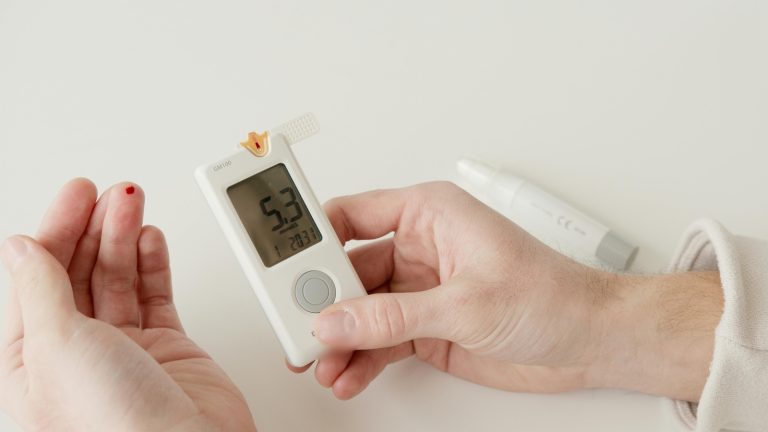India, often called “the”Diabetes Capital of the world”, is facing a growing wave of new cases, many of which affect young adults and even teenagers. Contrary to the common belief that diabetes mainly affects older people, diabetes is affecting an increasingly younger population.

Studies have shown that people as young as 30, and sometimes even younger, are now suffering from prediabetic, impaired conditions. glucose metabolism and even type 2 diabetes. In an interview with HT Lifestyle, Dr Advait Sharma, Chief Medical Officer of Truworth Wellness, said: “This trend raises important questions about the role of lifestyle, stress and genetics in the development of diabetes. Additionally, in a corporate environment, stress can come from a variety of sources such as workload, tight deadlines, job insecurity, and even performance pressure. However, many young adults do not take appropriate steps to manage stress, sometimes turning to alcohol, tobacco or overeating as coping mechanisms, which can worsen the risk of diabetes.
He recommended some lifestyle adjustments that can help young adults:
1. Adopt a balanced diet:
A diet rich in whole foods, including fruits, vegetables, lean proteins, and whole grains, can help maintain stable blood sugar levels. Avoiding processed foods and sugary drinks can also make a significant difference.
2. Stay physically active:
Regular exercise is the cornerstone of diabetes prevention. Physical activity helps regulate blood sugar, improve mood and reduce stress. Simple activities like climbing stairs, walking in a meeting, or even stretching at the office can help reduce the effects of a sedentary lifestyle and manage stress effectively.

3. Stress management:
It is recommended to opt for healthy stress relief techniques, such as deep breathing, mindfulness or yoga, to avoid unhealthy coping mechanisms like excessive alcohol consumption or smoking. This can help you prevent the onset of chronic diseases like diabetes and manage your overall well-being.
4. Maintain a Sleep Routine:
Sleep plays an essential role in regulating blood sugar levels. Studies have shown that poor sleep can increase insulin resistance, a risk factor for type 2 diabetes. Maintaining a consistent sleep schedule and ensuring adequate rest can go a long way in supporting metabolic health.

5. Regular health checks:
Early detection of prediabetes can help prevent the risk of high sugar levels, which ultimately impact your overall health. Annual health checks including blood sugar tests can identify people at risk, allowing for rapid interventions.
Dr Advait Sharma concluded: “As diabetes increasingly affects younger populations in India, it is crucial to address the role of lifestyle, stress and genetics in its development. In the workplace, the pressures young adults face can increase these risks, but by adopting healthier habits, such as maintaining a balanced diet, staying active, managing stress and sleeping properly, they can significantly reduce their risk of developing diabetes. . By making these simple but effective adjustments, young professionals can take charge of their health, prevent diabetes, and lead healthier, more productive lives.
Disclaimer: This article is provided for informational purposes only and is not a substitute for professional medical advice. Always seek the advice of your doctor with any questions you may have regarding a health problem.


